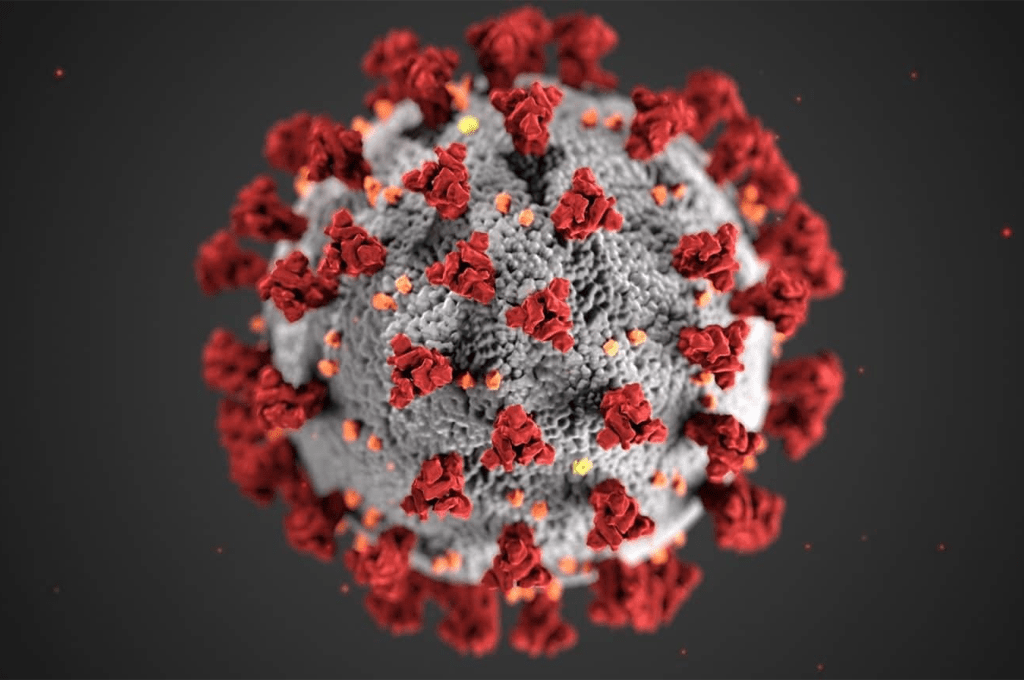Breastfeeding does not protect children against asthma and allergies
The effect of breastfeeding on the risk of developing asthma and allergy has been debated for a long time. A new study led by Åsa Johansson (Uppsala University/SciLifeLab) show that breastfeeding might in fact increase the risk of developing hay fever and eczema, while not having any clear effect on the risk of asthma.
Your risk of developing asthma and allergies depends on your genes, environment and lifestyle factors. Several lifestyle risk factors have already been well established in the scientific community, such as smoking. However, studies on breastfeeding have shown inconsistent results. Many studies have found breastfeeding to have a protective effect against asthma and allergy, while other studies have reported increased risk.
The current study looks at the effect of breastfeeding on asthma, hay fever and eczema. It includes self-reported data from more than 330,000 middle-aged individuals in the UK, making it the largest study of its kind to date. The results reveal that individuals that were breastfed as babies have an increased risk of developing hay fever and eczema, while breastfeeding doesn’t seem to have an effect on asthma. The data also show that increased socioeconomic status lowers the risk of asthma while it increases the risk of developing hay fever. These results are in line with the ‘hygiene hypothesis’, which states that growing up in a cleaner environment increases the risk of being diagnosed with allergies due to a lack of early childhood exposure to microorganisms, among other things.
It is well established that breastfeeding has a positive effect on the health of the baby. Even though we do not see a protective effect of breastfeeding on the risk of developing asthma or allergies, these results should not be used to recommend or discourage breastfeeding since the present study only investigates the effect of breastfeeding on allergies and asthma.
Read the full article in the Journal of Allergy and Clinical Immunology
Read the press release by Uppsala University




